
Understanding Eye Floaters: Causes and When to Seek Help
Eye Floaters: Causes, Risks, and When to Seek Medical Help
Eye floaters are tiny, shadowy shapes that drift across your field of vision. They often appear as dots, specks, squiggly lines, or cobweb-like threads and are especially noticeable when looking at bright backgrounds, such as a clear blue sky, a computer screen, or a white wall. While floaters may seem to dart away when you try to focus directly on them, they are actually suspended within your eye and move as your eyes move.
What Causes Eye Floaters?
Most floaters are the result of age-related changes in the vitreous humor, the gel-like substance that fills the inside of the eye. As we age, the vitreous slowly liquefies, and tiny collagen fibers can clump together. These clumps cast shadows on the retina, which appear as floaters in our vision.
In addition to normal aging, floaters may also be linked to:
-
Eye injuries or trauma
-
Eye infections
-
Uveitis (inflammation inside the eye)
-
Retinal tears or detachment, which can be vision-threatening
Who Is at Higher Risk?
Although anyone can develop floaters, certain groups are more prone to them:
-
People who are nearsighted (myopic)
-
Individuals who have undergone cataract surgery
-
Those with diabetes, especially with diabetic retinopathy
-
Adults over the age of 50, as natural eye changes progress with aging
Are Floaters Dangerous?
In most cases, floaters are harmless and simply part of the natural aging process. However, there are warning signs that should never be ignored:
-
A sudden increase in the number of floaters
-
Flashes of light in your vision
-
A dark curtain or shadow moving across your visual field
These symptoms may signal a retinal tear or detachment, which is a medical emergency. Without prompt treatment, retinal detachment can lead to permanent vision loss.
How Are Floaters Diagnosed?
Eye doctors typically use a dilated eye exam to check for floaters and underlying issues. Special eye drops are used to widen the pupils, allowing the doctor to carefully examine the vitreous and retina. This examination helps detect retinal tears, inflammation, or other eye abnormalities.
Treatment Options for Eye Floaters
For most people, no treatment is needed since floaters often become less noticeable over time as the brain adapts. But in cases where floaters interfere significantly with vision, medical interventions may be considered:
-
Vitrectomy – A surgical procedure that removes the vitreous gel and replaces it with a saline solution. While effective, it carries risks such as infection, retinal detachment, and cataract formation.
-
Laser Therapy (Laser Vitreolysis) – A laser is used to break up floaters into smaller fragments, making them less noticeable. Although less invasive than surgery, its effectiveness can vary and complications are still possible.
Because of these risks, treatment is usually reserved for severe or persistent cases.
Lifestyle Tips for Managing Floaters
If your floaters are mild and not linked to a serious condition, lifestyle adjustments can help manage them:
-
Eye exercises: Moving your eyes up and down or side to side may shift floaters out of your line of sight.
-
Nutrition: A diet rich in omega-3 fatty acids, vitamin A, vitamin C, and zinc supports overall eye health.
-
Hydration: Staying well-hydrated may reduce eye strain and dryness, which can make floaters more noticeable.
-
Quit smoking: Smoking contributes to eye diseases such as macular degeneration and cataracts, making floaters worse over time.
-
Regular eye check-ups: Annual exams are essential for detecting early changes and preventing serious eye problems.
The Bottom Line
Eye floaters are a common visual disturbance, especially with age. In most cases, they are harmless and fade into the background of daily life. However, knowing the warning signs of retinal detachment and seeking immediate care if symptoms worsen is crucial for protecting your vision.
By combining awareness, regular check-ups, and healthy lifestyle habits, you can better manage eye floaters and safeguard your eyesight for the future.
News in the same category

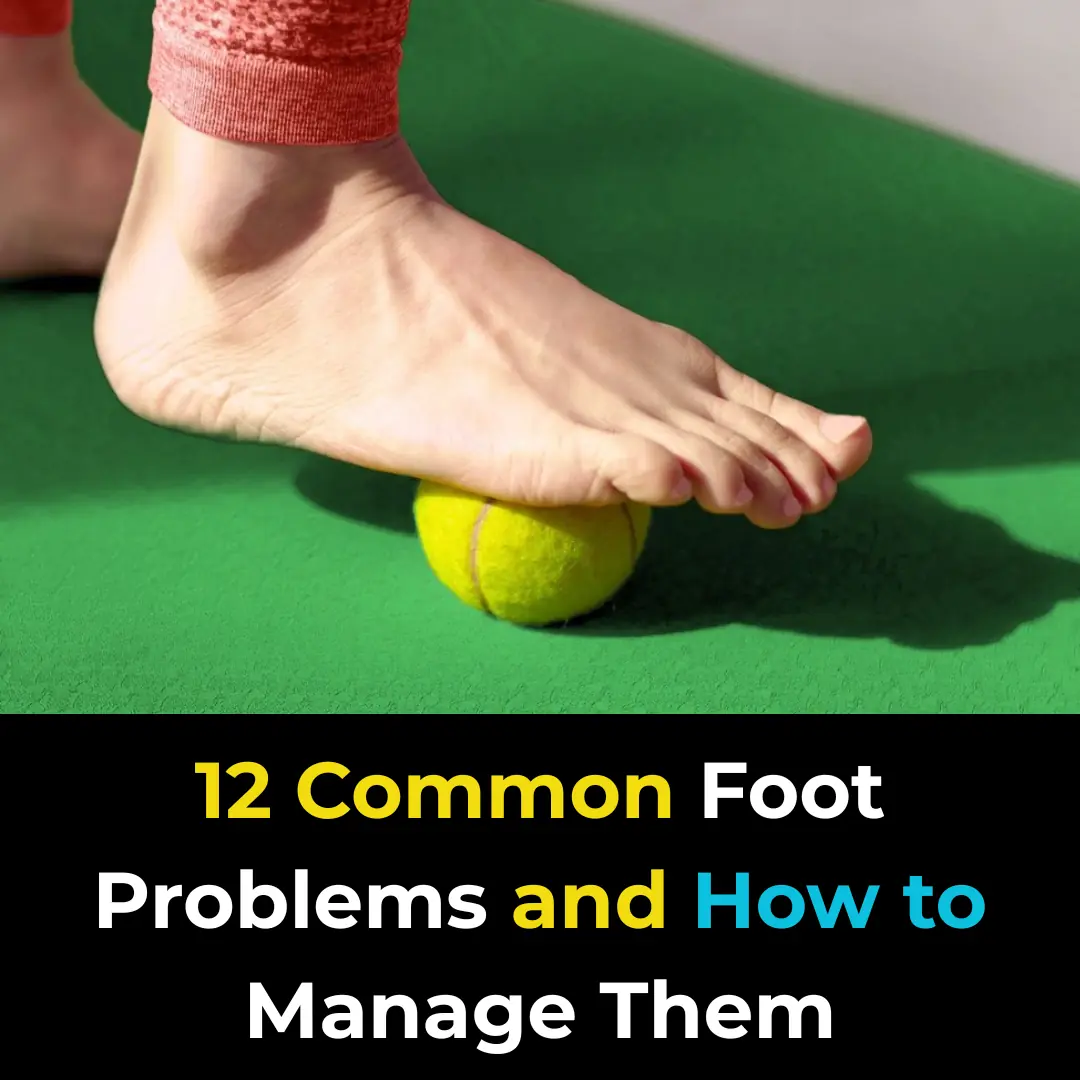
12 Common Foot Problems and How to Manage Them
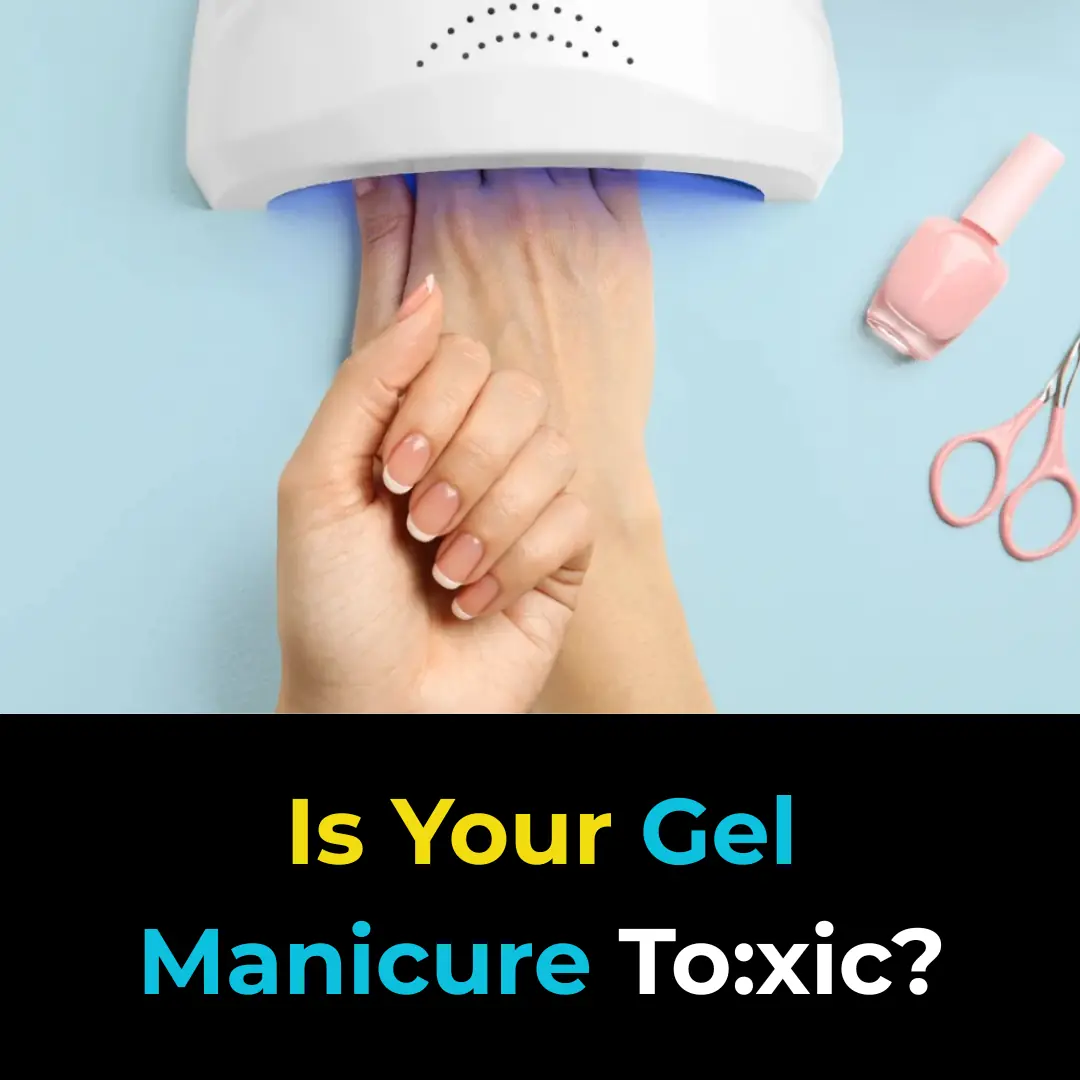
Is Your Gel Manicure To:xic?

9 Convincing Reasons to Consume More Dates

Early-Stage Cancer May Not Hurt at First, But If You Notice These 8 Signs When Using the Bathroom, See a Doctor Immediately: Don’t Be Negligent

The surprising truth about eating eggs every day

7 Early Signs Your Body is Fighting Cancer

9-year-old dies after dental procedure
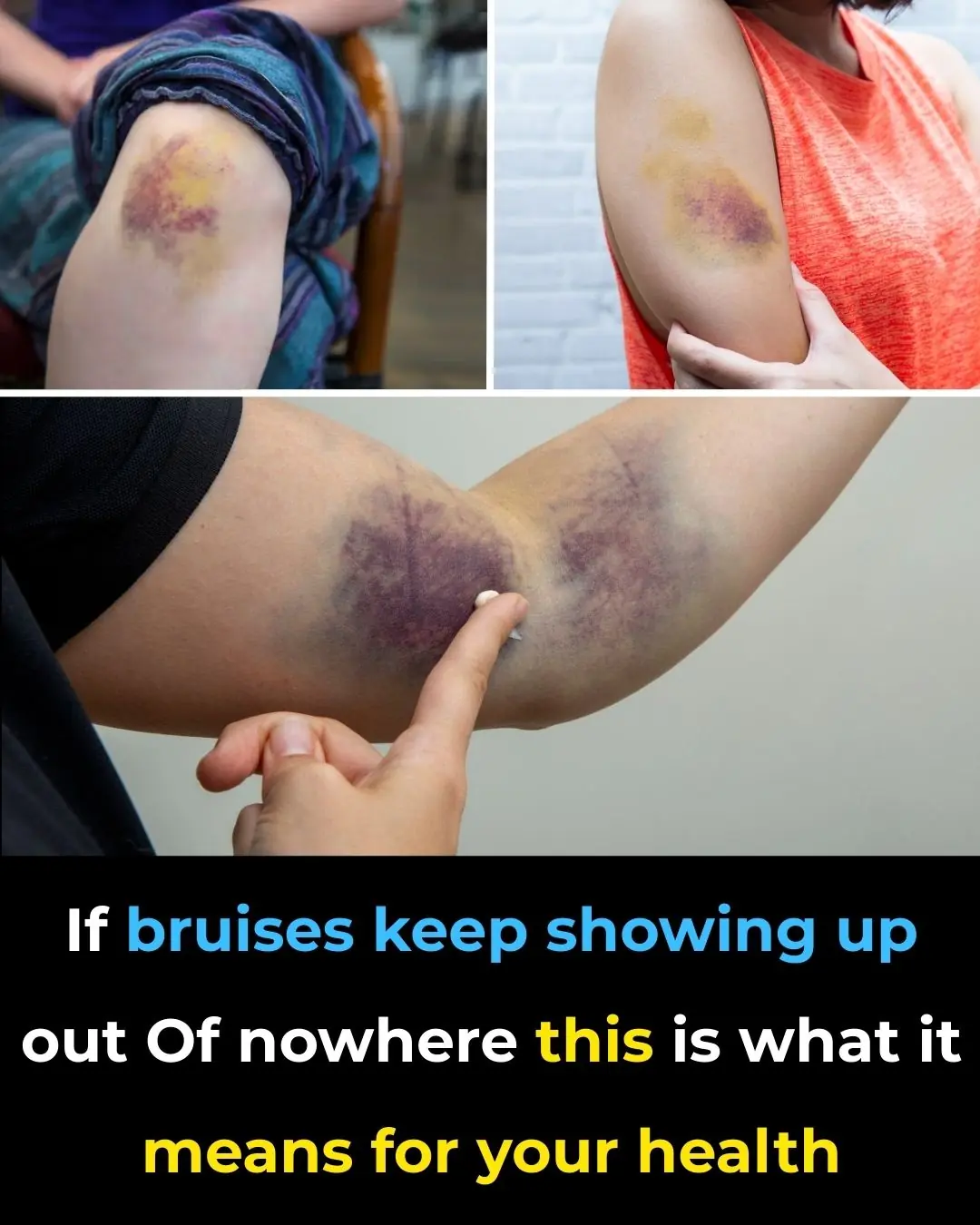
Unexplained Bruising on Your Body: Causes and Treatments

If your private parts smell fishy, it’s something you should be aware of

10 Hidden Signs Your Immune System Is Under Attack

15 Early Signs That May Indicate Cancer – According to Medical Experts

10 Common Habits That Are Secretly Harming Your Heart You Probably Didn’t Know

20 Powerful Foods That Fight Cancer and Boost Your Body’s Natural Defenses

6 Foods to Stabilize Hormones and Reduce Hair Loss in Women

How to Avoid 'Pork Worms' After a Man Developed Them in His Brain

Man Attacked by Hyenas Survives by Targeting Their Weak Points

Experts reveal seven reasons you shouldn't sleep in your underwear or risk health issues

The 5 Best We:ight-Lifting Exercises for Better Posture
News Post

Even the Most Expensive Electric Kettle Can Turn Into a "Time B0 m b" If Your Household Has These 4 Habits
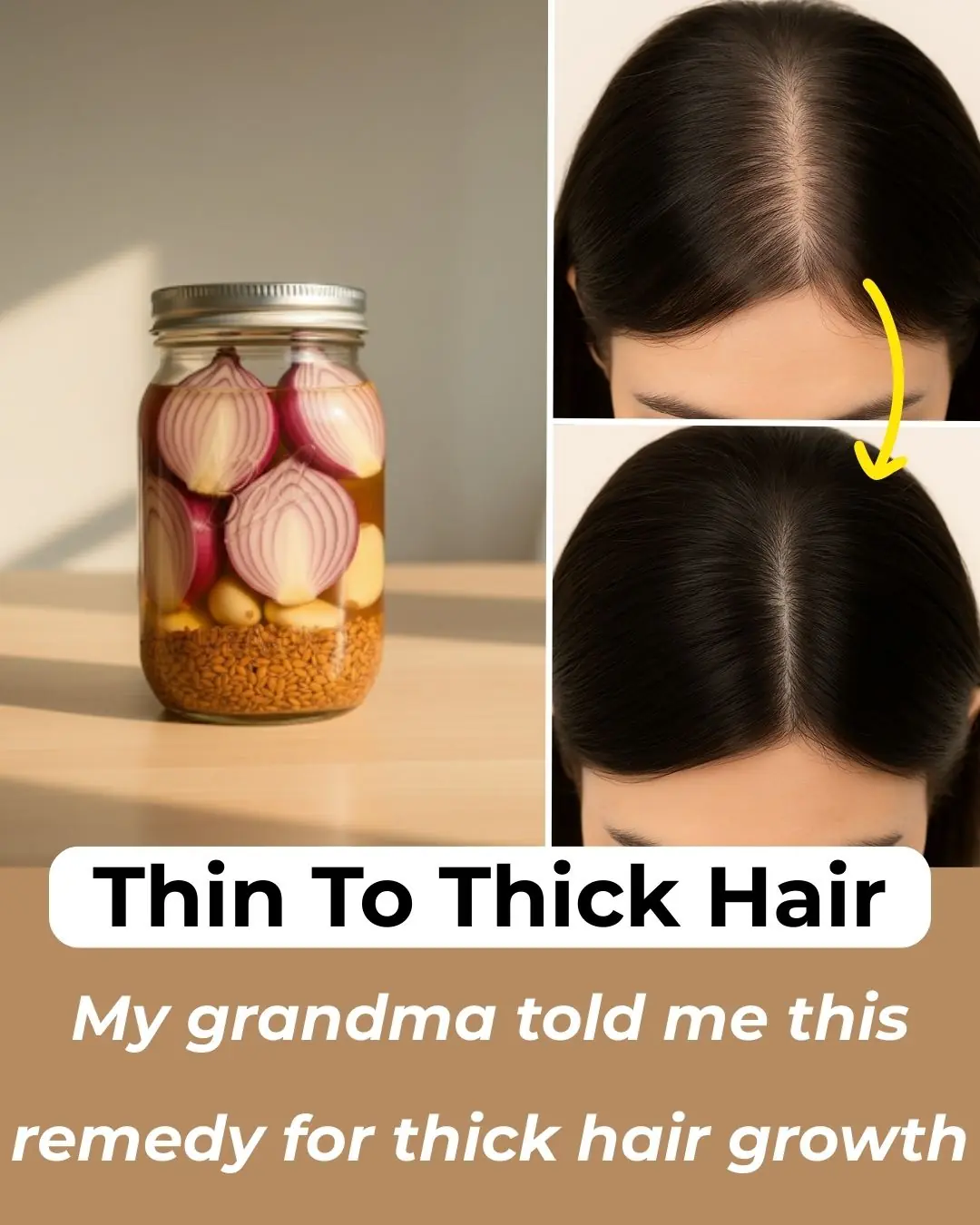
Fenugreek & Onion: Thin To Thick Hair Naturally
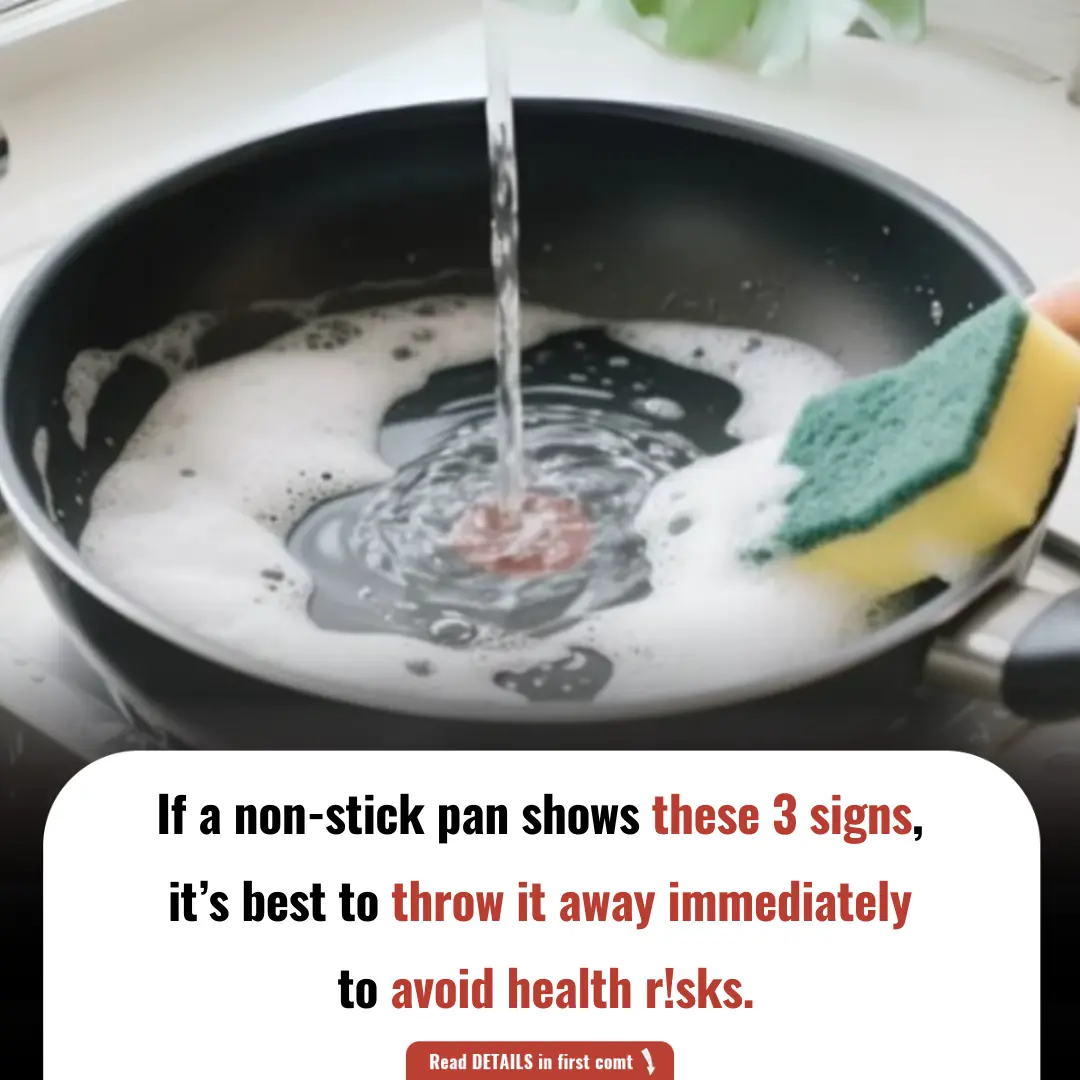
If a Non-Stick Pan Shows These 3 Signs, It’s Best to Throw It Away Immediately to Avoid Health Risks

Fish Sellers Reveal: 2 Types of Fish So Cheap You Should Never Buy, Yet Many People Still Unknowingly Purchase Them
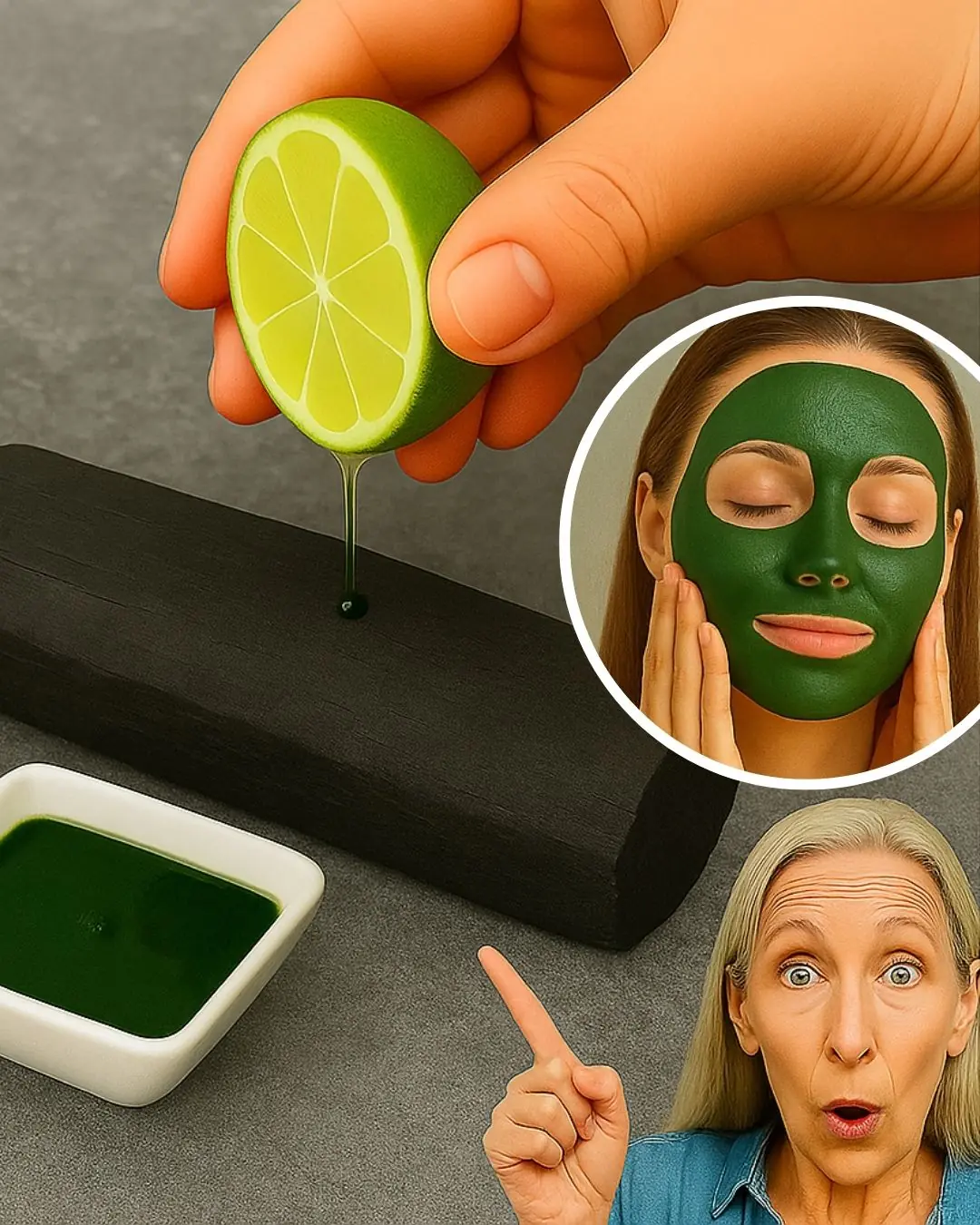
7 Surprising Benefits of Lemon and Activated Charcoal

95% of People Don’t Know the Meaning of the Numbers at the Bottom of Plastic Bottles and Containers

The hidden electricity-draining device at home that few people notice: It consumes more power than a refrigerator or washing machine

Seafood seller warns: Avoid these 4 types of shrimp or risk your health!
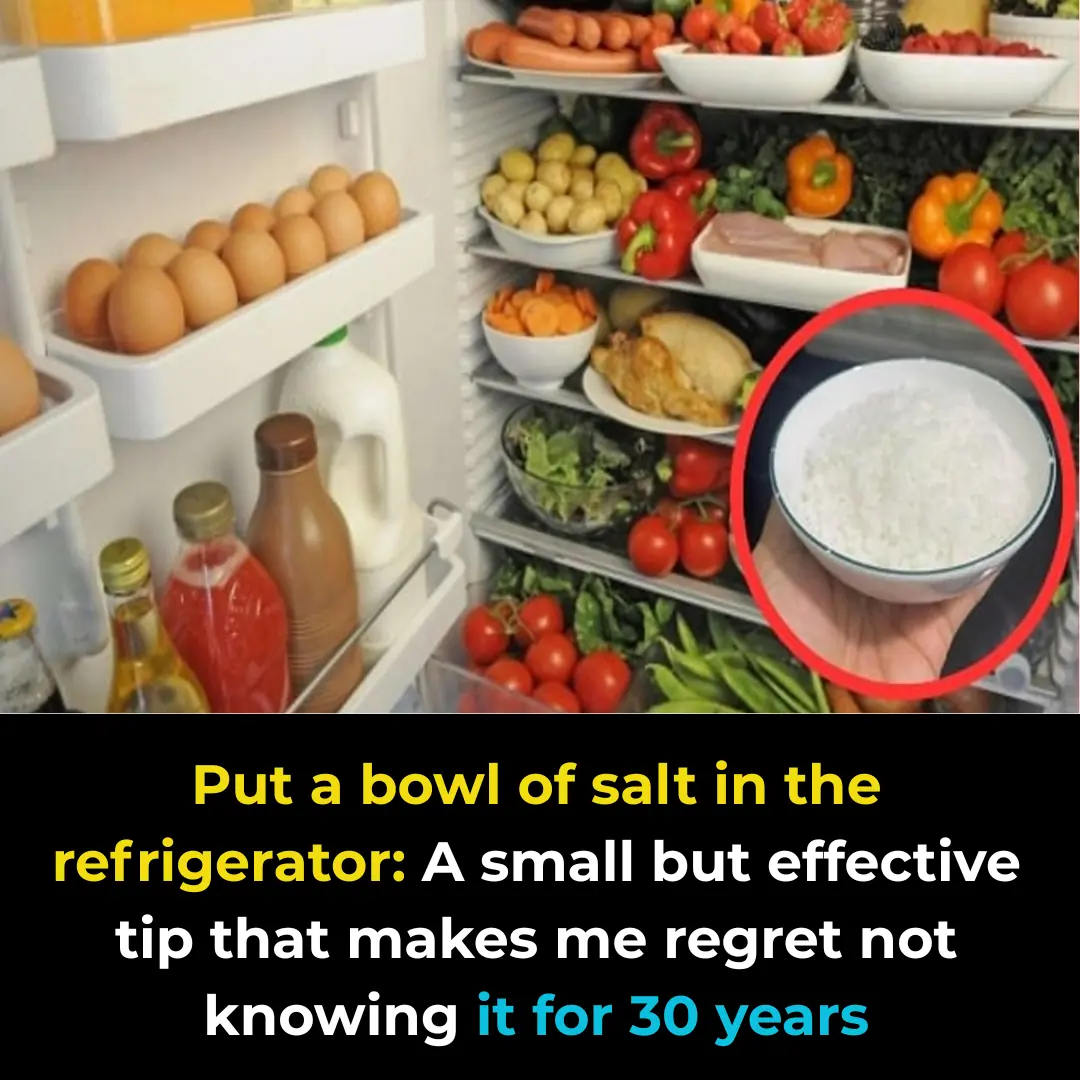
Place a bowl of salt in the fridge: A simple yet powerful trick I wish I had known 30 years ago
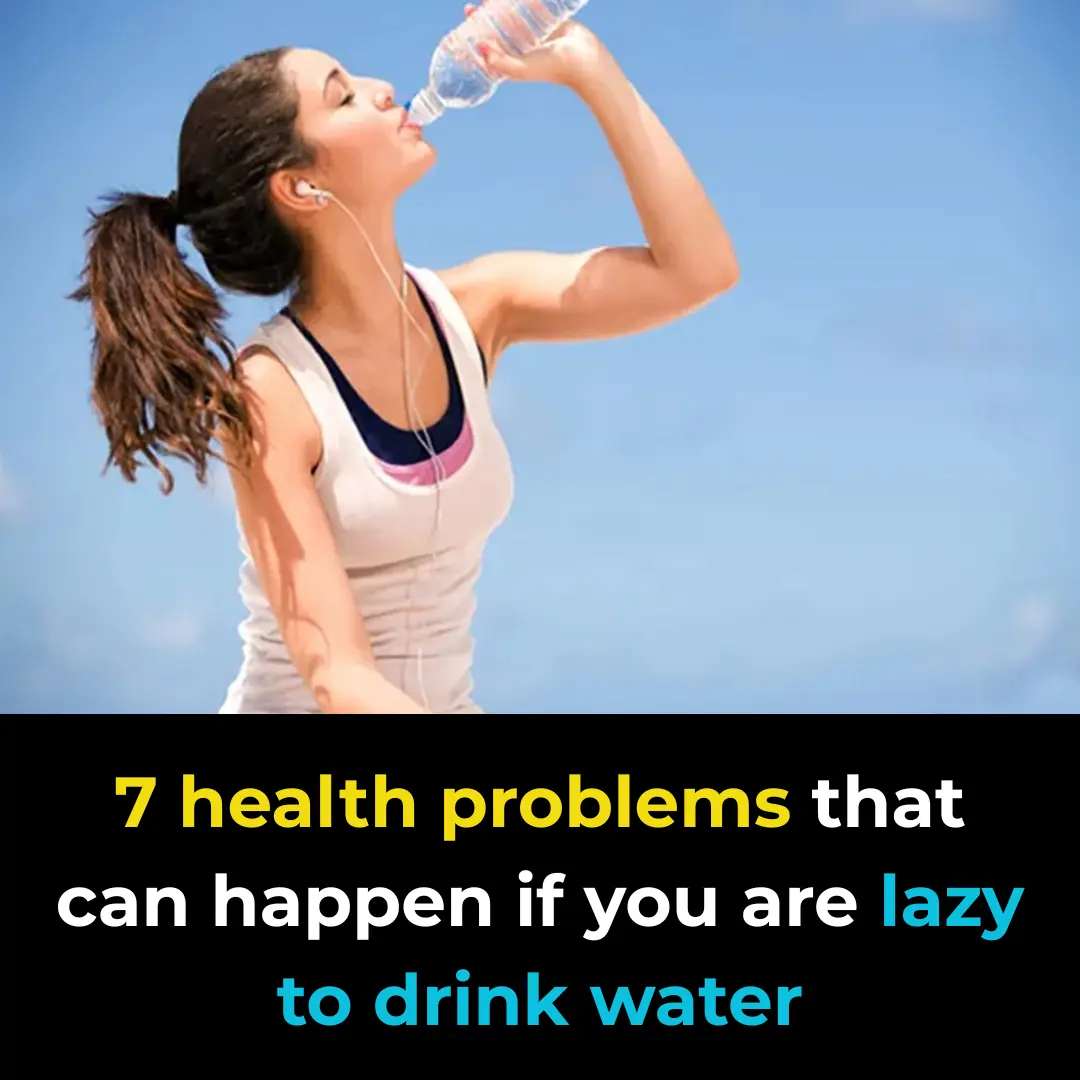
7 health problems that may occur if you don’t drink enough water

Food Suddenly Tastes Different? Here’s What Your Body’s Trying to Tell You
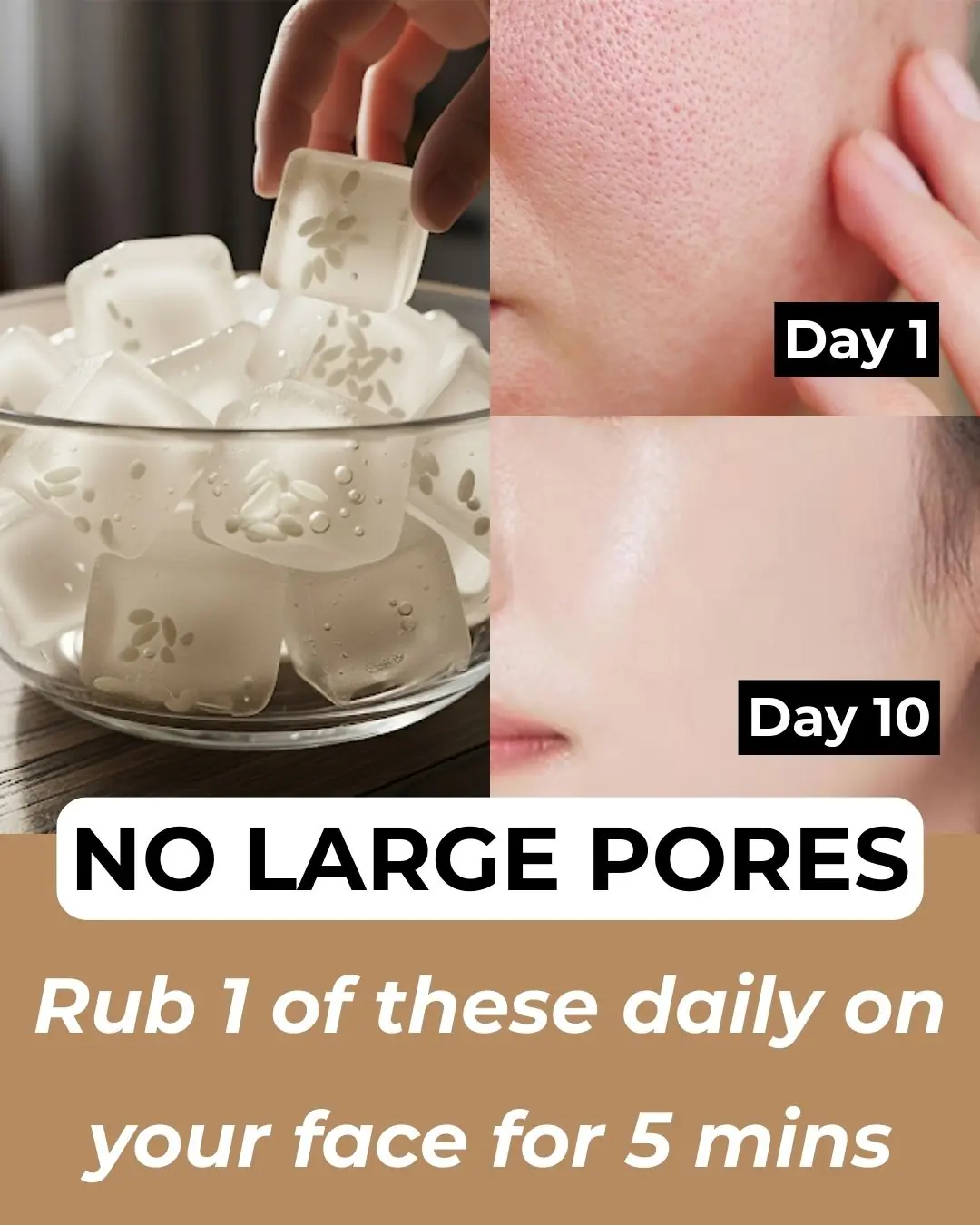
Open Pores To Glass Skin Transformation

Unexpected Uses of Fruit Protective Nets

12 Common Foot Problems and How to Manage Them

Is Your Gel Manicure To:xic?

Expert issues warning to couples as 'menodivorce' becomes increasingly common in relationships

Christina Applegate reveals how her MS diagnosis has ‘broken’ her 14-year-old daughter Sadie

The Best Tea for Mornings and After Dinner: A Powerful Blend for Health

DIY Aloevera ice cubes to Remove Dark Spots & Clear Skin | Aloevera Benefits for Skin
